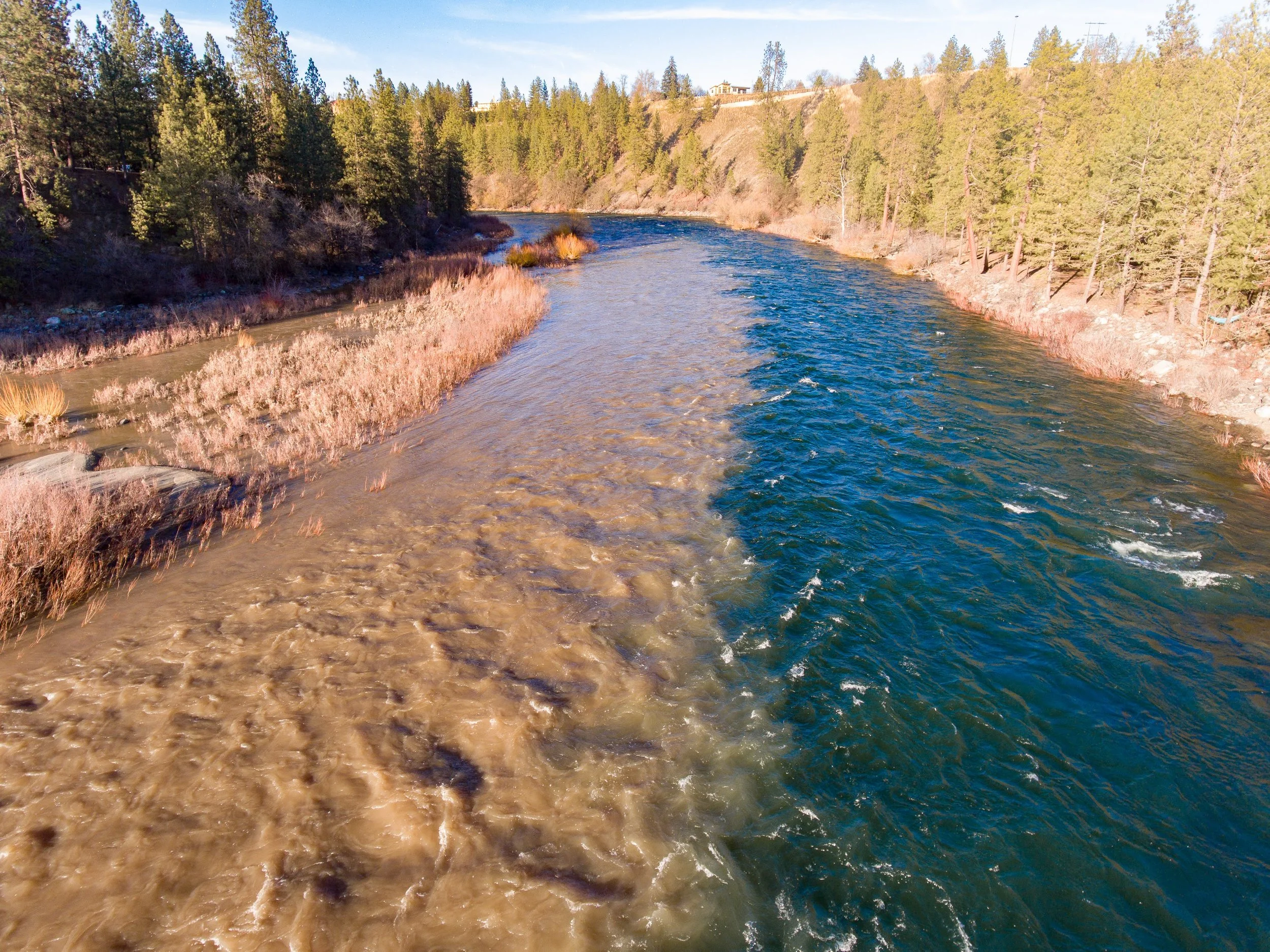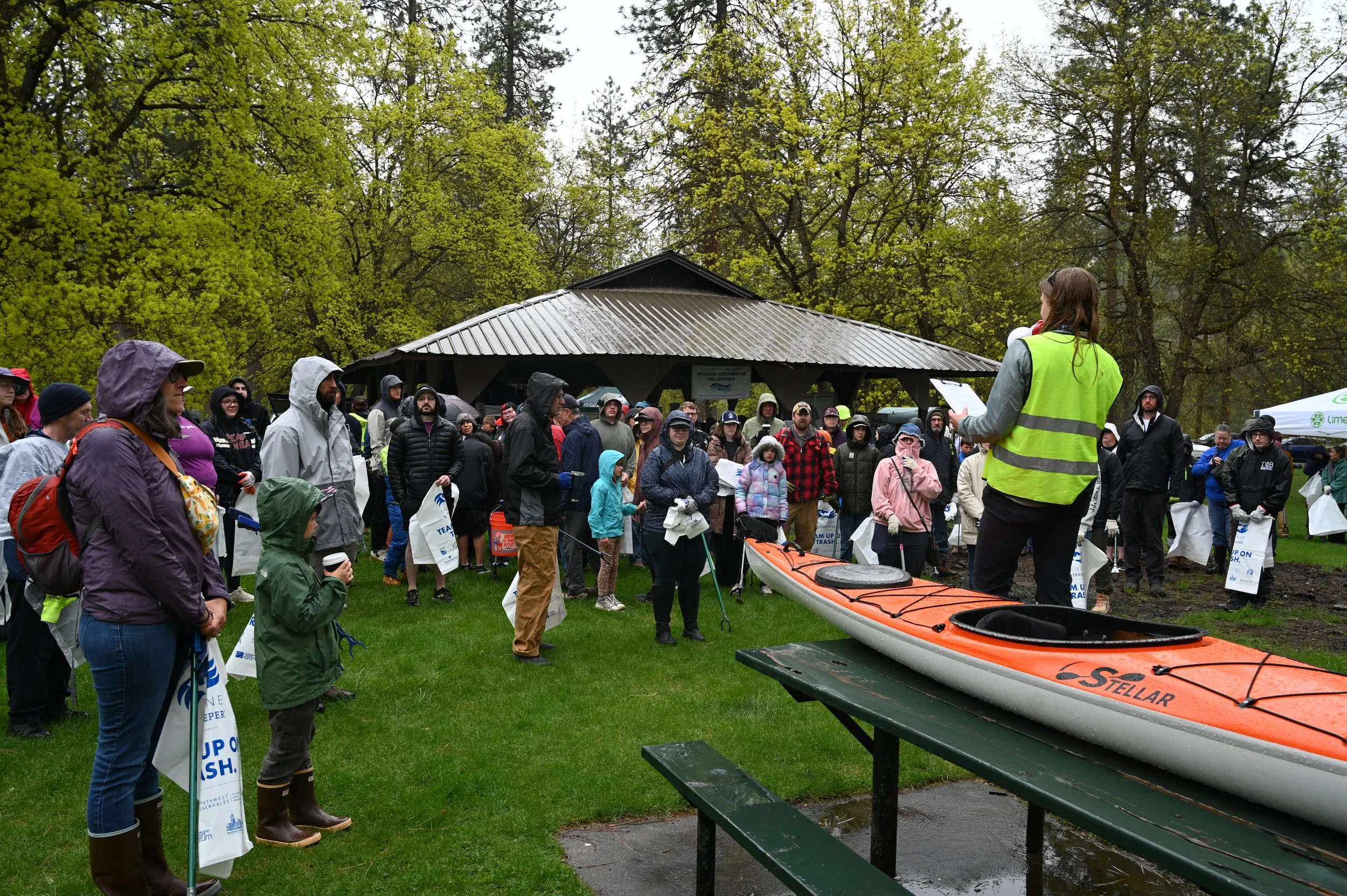




Intro copy
TOGETHER,
FOR THE RIVER.
SCROLL DOWN
Intro copy
TOGETHER,
FOR THE RIVER.



Our Work
WE WORK TO PROTECT & RESTORE THE SPOKANE RIVER WITH COMMUNITY CONNECTION
Our Work
WE WORK TO PROTECT & RESTORE THE SPOKANE RIVER WITH COMMUNITY CONNECTION





We are inviting everyone to write a love letter to the river. Not just letters, poems, drawings, short stories, or artwork are all welcome. Kids, teens, adults, families, anyone can participate. Share a story, a memory, a moment, a reflection on why the Spokane River matters to you, and why you think it deserves protection.